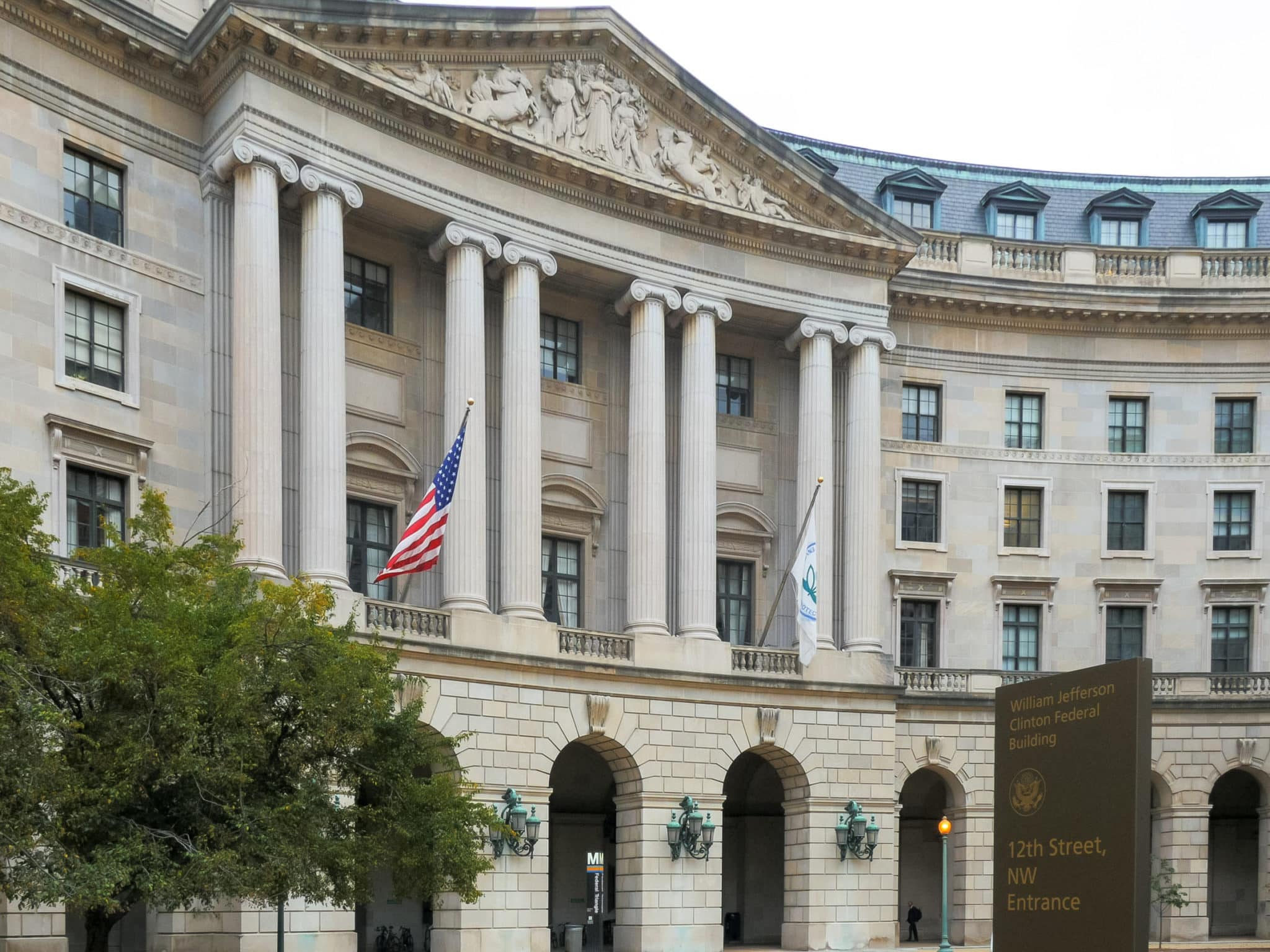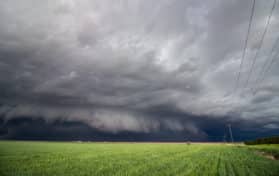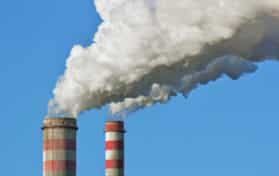
When campaigning for president, Joe Biden pledged to make climate change and green energy a priority. Last week, over twenty federal agencies promised to not only identify how the practices of their organization contributed to climate change, but to make changes to adapt newer methods that would leave a smaller carbon footprint.
The Biden Administration is decidedly one that is committed to going green and improving the environment. The current $3.5 trillion bill being debated in Congress has many caveats for those who decide to go green, from tax credits for the purchase of electric vehicles to money for government agencies to add electric vehicles to their fleets, and more. Progressives are pressing for passage of this bill as they say it is crucial to improving the environment. However, there is a deadlock among Congress as there are a few controversial items in the bill.
President Biden recently signed an executive order compelling government agencies to not only identify areas in which they could improve green practices, but how the agency planned to implement these changes.
The Department of Defense, the Department of Homeland Security, and the Department of Agriculture are among those who have revealed the acknowledgement of environmentally harmful practices and what changes the agencies are willing to make in order to minimize those offending habits. Many of the plans share the same improvements to their practices. They include improvements to government buildings, supply chain changes, and improving air quality and heating for low-income communities.
The ultimate goal is to create safer working environments for employees while minimizing disruptions to agency operations. Some of the protocols involve protecting employees during extreme heat events. Public health officials are also looking for ways to protect the public at large from heat-related illness as well.
The Department of Energy has pledged to advance current research programs into climate technology at laboratories across the nation. They also plan to put working requirements in for contractors hired by their organization. The Department of Defense is focusing on extreme heat and military service people. They also predict shortages of water on the world’s stage, and the Department believes that this could cause military conflicts in the future. Therefore, they have pledged to upgrade intelligence that could warn of any conflicts regarding water shortages.
Of course, the Department of Transportation is already working diligently on how they can improve the environment. They predict that commuting and construction projects may become more dangerous as climate change worsens. As they have in the past, the agency is determined to reduce greenhouse gas emissions as well as improve infrastructure.
Many of the departments produced documents with a similar theme – protecting the poor, who are disproportionately affected by climate change. Each stated that the poor seems to fare worse during times of extreme heat or cold, and many poor are surrounded by food deserts.
The Department of the Treasury vowed to research and find ways to assist the poor affected by climate change, as this is a group that tends to be more adversely affected when financial instability occurs. The Department vowed to locate and assess areas of the United States budget which may be detrimental to protecting the environment.





